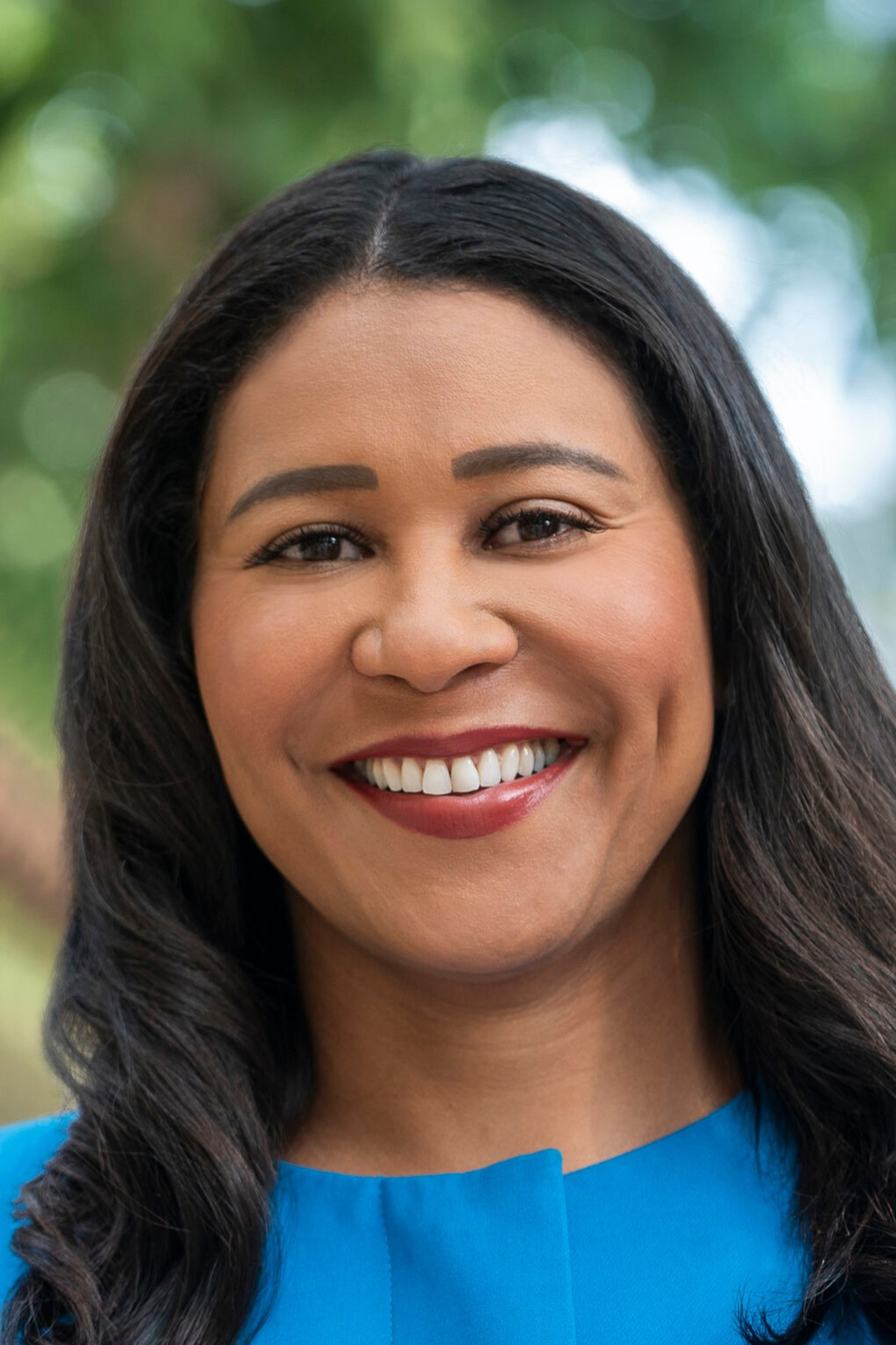This month, via a collaboration of multiple city departments, my administration began stepping up efforts to get the last homeless tents and encampments off our streets. We have already cut the number of tents (opens in new tab) in half since July of last year. Now, following the U.S. Supreme Court’s decision in City of Grants Pass v. Johnson, we have more tools to help people out of tents and indoors.
And I am using them.
Our homeless encampment teams have been going out for years, bringing thousands of people from the street into shelter. I have ridden along with these teams, seen the work they do and the challenges they face. I’ve seen them connect people with family back home. But I’ve also seen them told “no,” again and again, by people who return to the same spot, again and again.
The truth is there is a small subset of people in our city — often living in tents, often suffering from compounding issues of drug addiction and/or mental illness — who are much more difficult to help.
Take the site behind the DMV on Fell Street, near the Panhandle, for example. When I went out with encampment teams two weeks ago, our city workers had already been there over 15 times this year, offering people shelter and cleaning the area. But a small group of individuals kept returning to the area and setting up encampments.
What is the city to do in this situation?
Some want us to do nothing, to let people remain in tents until they make the personal decision to come in out of the cold. Advocates for these people have even filed lawsuits trying to force us to do nothing. These are some of the same advocates who hand out tents and tried to block our reforms to state conservatorship laws for those with severe mental illness.
But we cannot, and I will not, just let people remain in tents.
I do not accept their approach. Tents and tent encampments are not safe or healthy. The city is not a campground. Someone’s doorstep or storefront is not a campsite. Encampments often harbor illegal activity, including drug dealing and human trafficking. We’ve seen a doubling of fires that start near encampments, endangering life and property. This is not humane, and it’s not acceptable.
San Francisco will always lead with compassion, and my administration always offers help first and foremost. But we cannot, and I will not, just let people remain in tents. We are making it clear that this is no longer a city where you can stay on the street.
In 2023, 65% of people offered shelter by our workers rejected those offers. This year, that number has risen to 75%. Out of 617 engagements by our teams over the last two weeks, only 77 people accepted shelter. That means 88% of the people we encountered refused to accept a roof over their heads. This is unacceptable.
When we meet people who reject help over and over, such as those camping at the DMV site, we must take a firmer hand — and the Supreme Court’s Grants Pass decision has affirmed our ability to do so.

Our goal with enforcement is not to punish people; it’s to make clear that when we offer help — whether by our encampment teams in the moment or by another outreach worker making their daily rounds — that these offers are not an option. They are the option.
Since 2018, we’ve expanded shelter slots by over 60% and housing slots by more than 50%. We have more housing for the formerly homeless than any county in the Bay Area, including counties with larger homeless populations. Per capita, we have more homes for the formerly homeless than any city in the country, other than Washington, D.C. We’ve helped over 15,000 people exit homelessness since I took office. And another 10,000 have received rental assistance or other support to prevent them from falling into homelessness.
We’ve increased support for family homelessness in my most recent budget. Just this week, we’ve worked to get families living in Zoo Road into housing, connecting them with new vouchers for leases at Park Merced.
We’ve expanded drug treatment outreach, including sending people out at night to do telehealth appointments on the street to help get people into treatment. We are investing in recovery and treatment.
And we need to build more housing. I’m not just talking about permanent supportive housing — we need more homes across our entire city so people don’t fall into homelessness. We cannot address homelessness without building homes — tens of thousands of them — to make this city more affordable and accessible. Until the Bay Area and California begin building much, much more housing, we will still struggle. (And the demise this week of the regional housing bond is a frustrating setback.)
To those who criticize our city workers who are doing encampment sweeps: These are hardworking public servants who go out day after day to try to help people and keep our city clean. Let’s appreciate the work they do in very difficult situations.
There is no excuse for inaction. Our homeless encampment teams will continue to go out. Our police officers will enforce our laws. We will bring a new reality to our streets, built on both compassion and the clear directive that San Francisco is not a place where anything goes.

